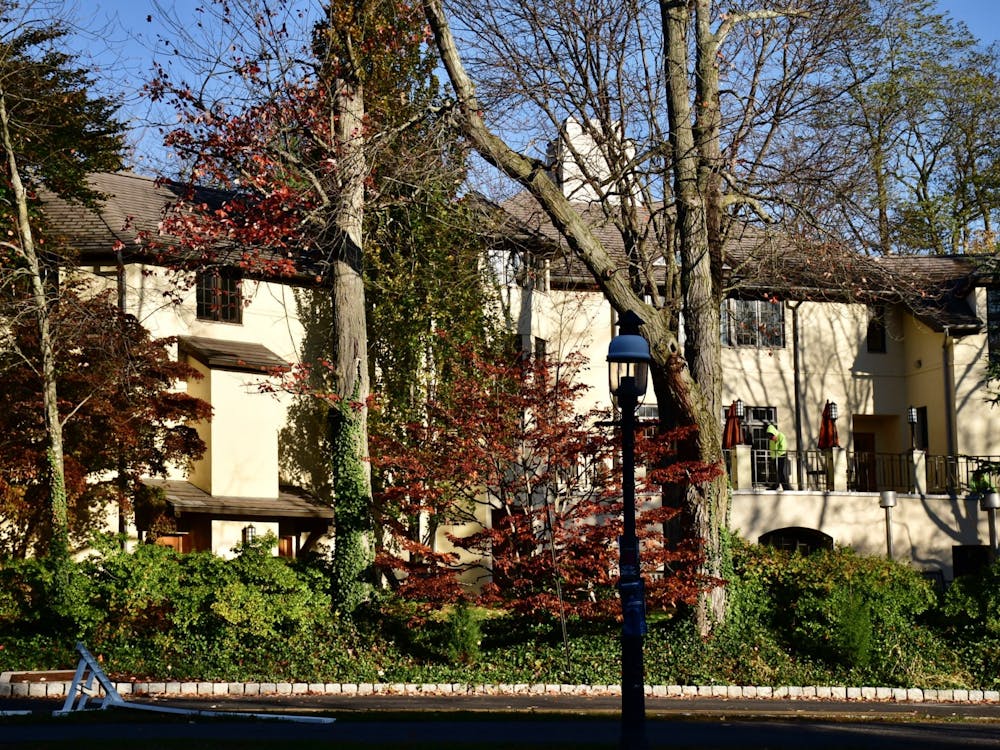As exams come to a close and many of us head off campus for fall break, the Board would like to take the opportunity to reflect on the structure of this chaotic week that we call midterms. Midterms week is unique, as students carry the burden of exams along with their regular course loads. Currently, there are few policies in place that regulate how midterm exams are scheduled and administered. With a few simple changes, midterms would be more standardized and thus fairer for all students.
The first issue with midterms concerns take-home exams. The Board recognizes that there can be limited time to administer in-class exams during midterms week; this makes take-homes necessary in some cases. However, take-home exams lead to both increased opportunities and increased temptation for students to cheat. Because students are not in a classroom surrounded by peers, they may hold themselves less accountable, and there will be no one else present to ensure their academic integrity. As a result, if take-home exams are not administered properly, they penalize students who adhere to the University’s academic policies. Two important changes can be made to help remedy this issue: Closed note take-homes should be disallowed, and time-limited take-homes should be timed in a reliable manner.
Closed note take-homes provide a unique temptation for students to cheat. In a classroom setting, students are less likely to cheat because there is both an implicit and explicit pressure to act honestly when there are other students in the room. But if a student is in his or her room alone, struggling with a take-home, and the textbook is mere inches away, it is easy to imagine how some might slip up and take a peek. If several students in a class cheat, those that do not are at a significant disadvantage in terms of grading, especially given the steep grading curves in many classes.
Timed take-homes also incentivize cheating. In a classroom setting, it is obvious if a student is writing after the time is called. But again, if students are alone and just want to finish up a paragraph or two, it is easy to imagine them writing beyond the allotted time. There are several systems that can be used to check timing on such exams. One option is administering exams through Blackboard, which has a system that electronically times student exams. Another option is having students physically pick up and return exams at designated times. If professors do not wish to utilize these methods, they can simply opt to assign non-timed take-home exams or in-class exams.
The Board also believes that there should be a standardized policy for rescheduling midterms. Unlike final exams, with midterms, professors have the power to move an exam for students who request a change due to a particularly heavy exam schedule. This leads to unfairness, as some professors may be more willing than others to make exceptions. For final exams, the Registrar outlines a concrete policy by which students can move exams: If they have more than one in a 24-hour period, they are eligible for a change. For midterms, the Board proposes a similar policy. Because midterm exams are generally shorter and occur over a shorter time period, the Board feels that it would be appropriate to allow students to reschedule an exam if they have more than two exams in a 24-hour period. Standardizing this policy would both make exam rescheduling easier and would ensure fairness across classes.
Midterms week is one of the most stressful times of the year. The Board believes that these changes would help make this week both fairer and more manageable.







